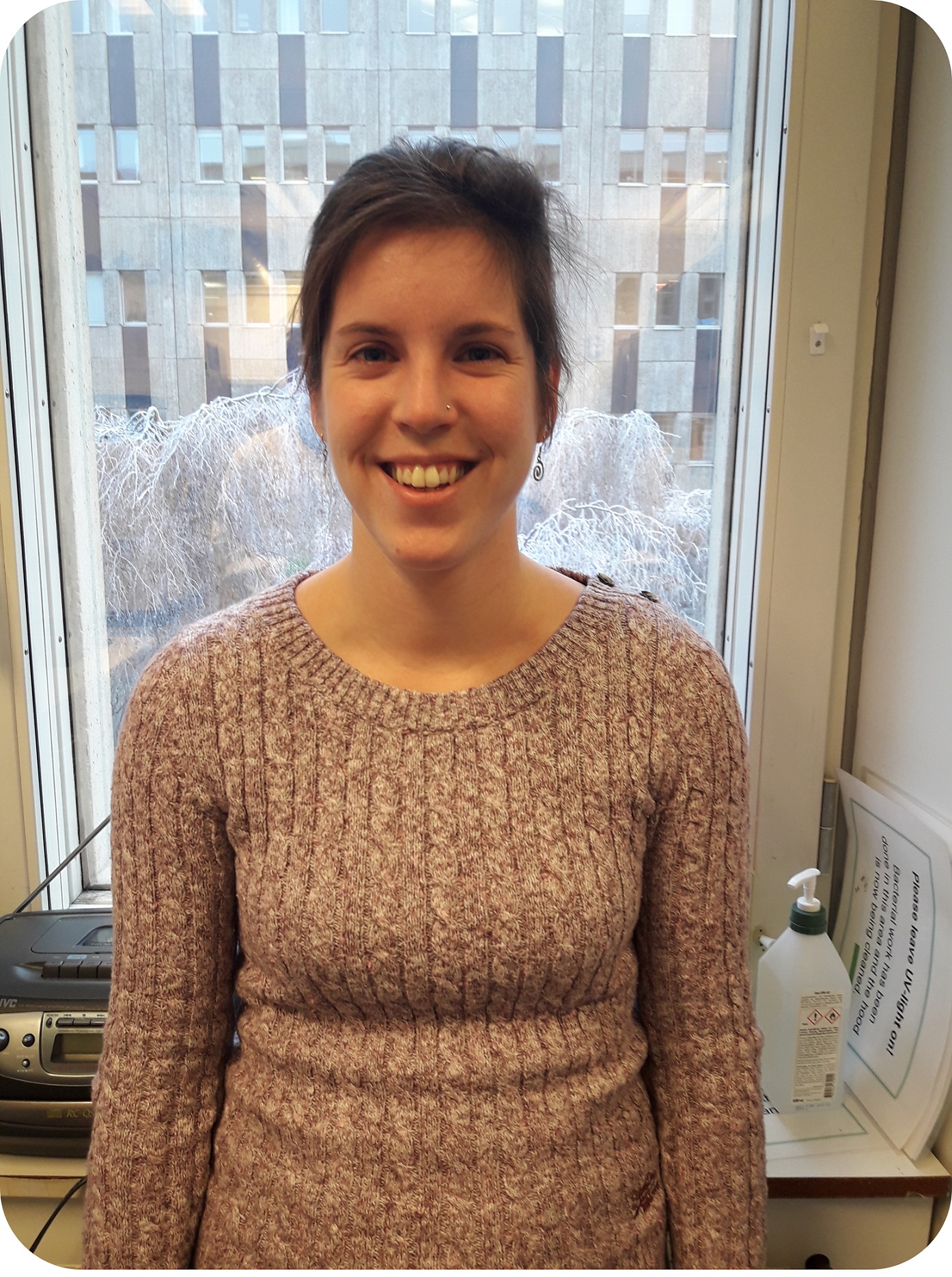Innate lymphoid cells in Paediatric Inflammatory Bowel Disease
 Aline van Acker Aline van Acker
© Aline van Acker
|
The incidence of paediatric IBD (PIBD) is on the rise. However, the underlying aetiology of PIBD remains largely unknown, indicating the dire need for more knowledge on the mechanisms driving this disease. Innate lymphoid cells (ILCs) constitute an important component of the mucosal immune system. Recent years have seen an increase in ILC knowledge, with numerous publications highlighting the importance of ILCs in murine and adult IBD development and progression.
In this project, we aim to elucidate ILC heterogeneity and function specifically in PIBD. In practice, single-cell suspensions are isolated from blood and colon biopsies of PIBD and non-PIBD patients admitted to the Paediatric Gastroenterology, Hepatology and Nutrition Unit at Karolinska University Hospital, Stockholm, Sweden or the Department of Clinical Research and Education at Södra Hospital, Stockholm.